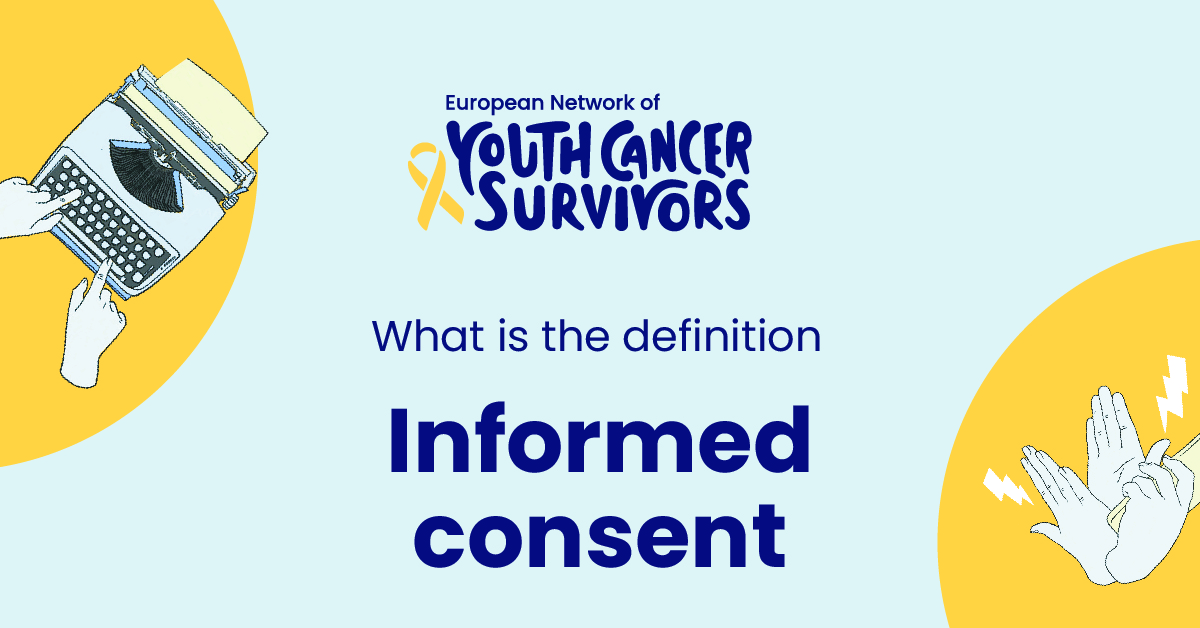
Introduction to Informed Consent
Informed consent is a fundamental ethical and legal mandate in healthcare that reinforces patient respect and autonomy, protecting patients from harm. The concept compels medical professionals to disclose sufficient information to patients before they give their consent to medical procedures, ensuring improved safety, sound decision-making, and shared responsibility.
The importance of informed consent cannot be overstated. It serves as the concrete foundation of trust and cooperation between healthcare providers and patients. Not only does it uphold the patient’s rights, but it also reduces the risk of litigation for healthcare providers.
The Defined Meaning of Informed Consent
At its core, informed consent is the process through which a patient willingly agrees to undergo a specific medical procedure, after receiving, understanding, and considering all relevant information. It stems from the ethical principle of patient autonomy and is considered an essential element of patient-centered care.
From a legal standpoint, the informed consent process protects the patient’s right to determine what happens to their body and protects health practitioners against claims of professional negligence. The details of what should be included in informed consent can vary site-to-site because they are often defined by state laws; however, the overarching principles are essentially the same everywhere.
Historical Perspective on Informed Consent
The concept of informed consent has significantly evolved over time. Its inception stems from the Nuremberg trials after World War II, during which it was pronounced that patients have a right to make an enlightened decision about their care.
Likewise, several notable cases have occurred over the years, emphasizing the importance of informed consent. One famous case is that of Henrietta Lacks, whose cells (HeLa cells) were used without her consent to create an immortal cell line for scientific research. Cases such as these have served to underscore the importance of informed consent and led to tighter regulations and guidelines.
Key Elements of Informed Consent
Four key elements must be met for consent to be considered “informed”: Information Disclosure, Comprehension, Voluntariness, and Consent.
Firstly, Information Disclosure requires that all necessary information about the benefits, risks, and alternatives of the procedure is presented to the patient. Secondly, the patient must comprehend this information. Healthcare providers should make every effort to ensure that the patient understands the information disclosed. The third element, voluntariness, is that the consent must be voluntarily given without coercion or undue influence. Lastly, the actual consent should be given verbally, in writing, or implied.
The Role of Informed Consent in Medical Procedures
From surgeries to clinical trials, and even psychological treatments, informed consent plays a critical role. Before a surgical procedure or treatment, the patient should be informed about the inherent risks and benefits, possible alternatives, and potential outcomes.
Within clinical trials, potential participants must completely understand the nature of the trial, types of procedures involved, and any possible risks or benefits. Similarly in psychological and psychiatric treatments, the client must be fully aware of the nature, purpose, and possible risks of the assessment or treatment process.
Challenges and Ethical Considerations in Informed Consent
While informed consent is a pivotal aspect of healthcare, implementing it effectively poses its own challenges. These include language barriers, cultural differences, and situations where the principles of informed consent clash with institutional constraints.
Nevertheless, ethical dilemmas can be largely mitigated through informed consent. It is an indispensable tool for ensuring respect for patient autonomy and human dignity, ultimately, enhancing the trust and ethical standard of care in the healthcare system.
Get to know us better
If you are reading this, you are in the right place – we do not care who you are and what you do, press the button and follow discussions live

Conclusion
In conclusion, informed consent remains a cornerstone in patient care and a critical part of the ethical framework in healthcare. Cutting across legal, ethical, and patient care lines, it makes care safer, more ethical, and more patient-centered.
Looking forward, as healthcare practices evolve and become increasingly complex, the informed consent process may need adaptations to maintain its relevance and efficacy. Regardless of the changes that lay ahead, healthcare’s fundamental principles of trust, autonomy, and patient-centered care must remain steadfast.
FAQ
- Why is informed consent important in health care?
Informed consent is pivotal in healthcare as it respects patient autonomy, encourages shared decision-making, enhances patient satisfaction, and reduces the likelihood of disputes and litigation.
- What happens if informed consent is not obtained?
Failure to obtain informed consent can lead to legal and ethical issues, including claims of professional negligence or battery. It can also erode trust between the patient and healthcare provider.
- Who can legally provide informed consent?
Typically, adults (aged 18 and over) who have the capacity to understand the information and implications involved can legally provide informed consent. In certain exceptions, minors may provide consent, such as in sexual health matters.
- How can we improve the process of obtaining informed consent?
Patient education, clarifying misconceptions, time investment, culturally-sensitive communication, and using simplified language can significantly improve the informed consent process.
- How does informed consent differ in varying cultural contexts?
In several cultures, family or community consensus plays a critical role in health decisions, thus the concept of informed consent may vary. Therefore, it’s crucial to consider cultural factors when obtaining informed consent to ensure ethical practice.






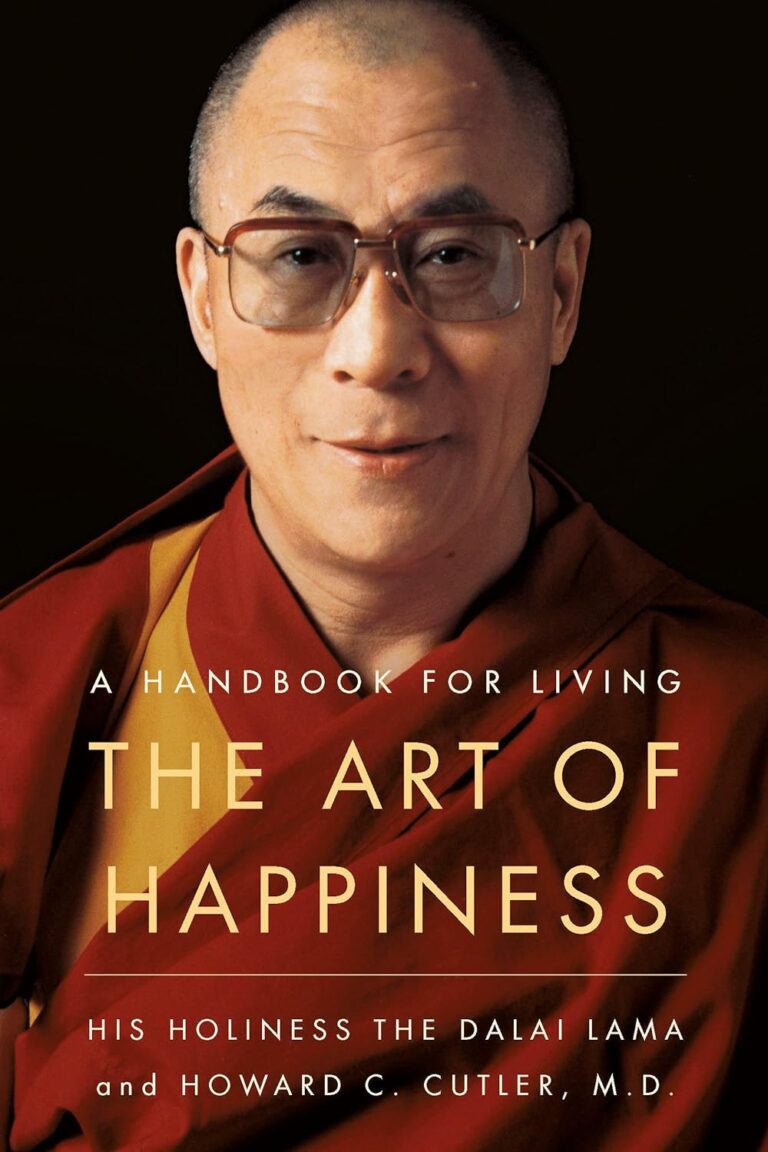


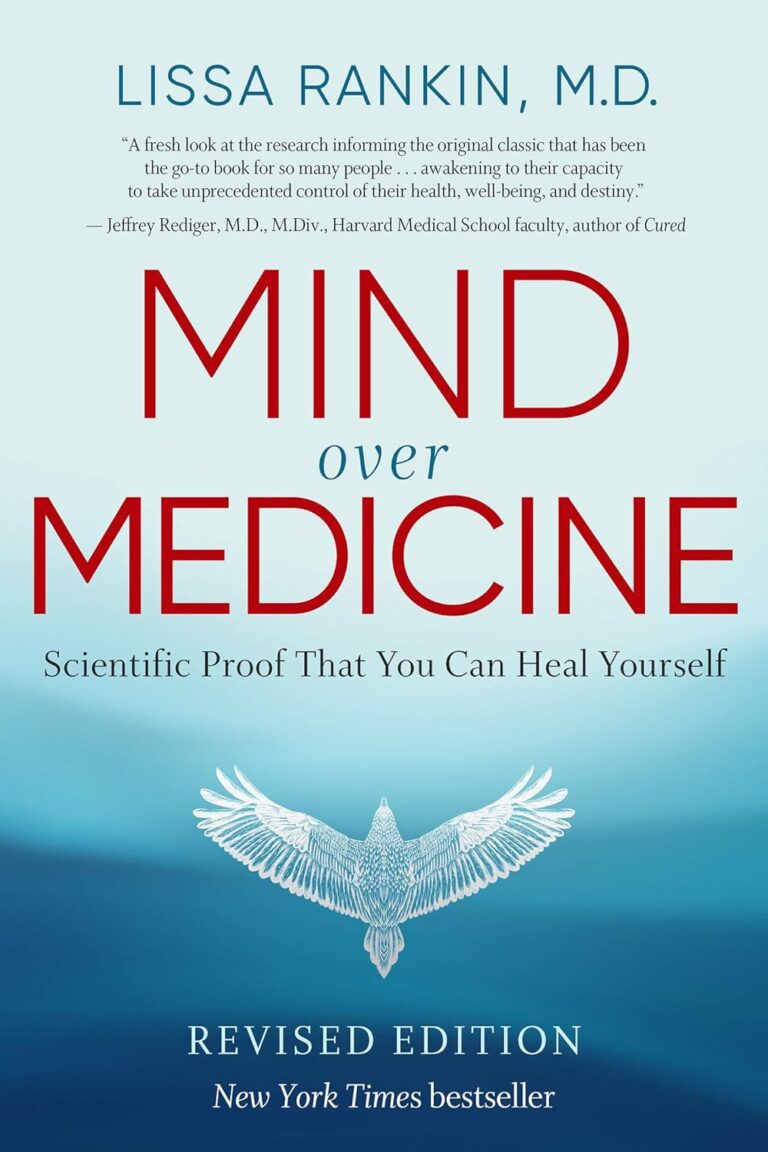

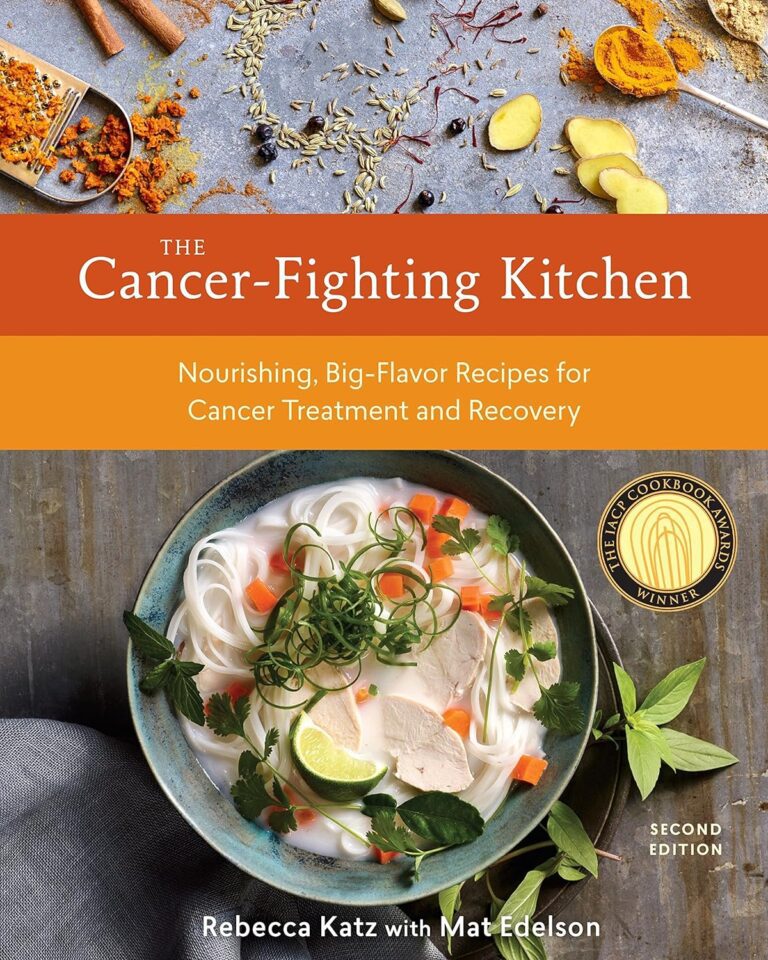



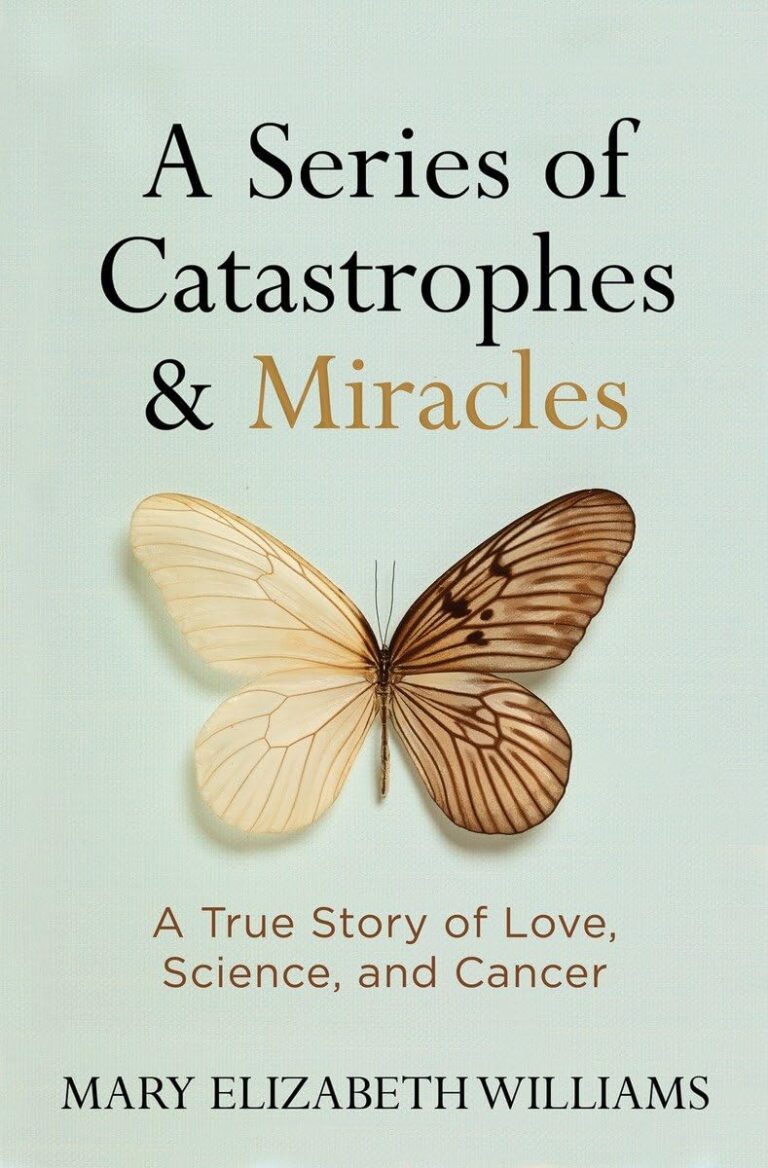

Comments
Thank you. Comment sent for approval.
Something is wrong, try again later